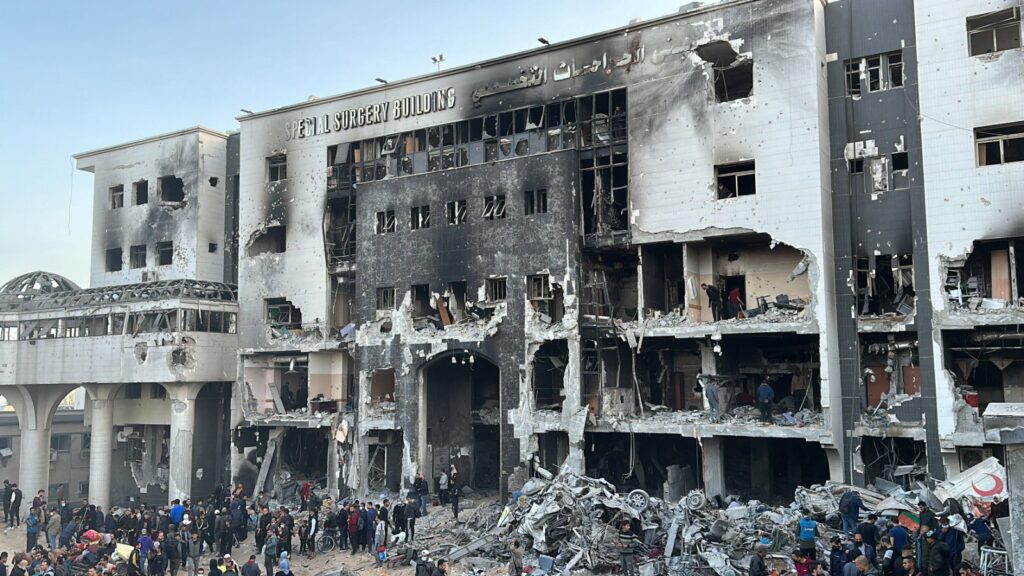In today’s interconnected world, The Impacts of War on Global Health are far-reaching and deeply complex. Armed conflicts, whether regional or global, have devastating consequences that extend far beyond the battlefield. They disrupt healthcare systems, displace millions, and contribute to the spread of disease and mental health disorders. Understanding The Impacts of War on Global Health is essential for shaping humanitarian responses and international policy.
Disruption of Healthcare Infrastructure

One of the most immediate and visible effects of war is the destruction of hospitals, clinics, and supply chains. When healthcare infrastructure collapses, people are left without access to essential services. The Impacts of War on Global Health in these scenarios include a sharp rise in preventable deaths, maternal mortality, and untreated chronic illnesses. In conflict zones like Syria, Yemen, and Sudan, the long-term damage to public health systems is staggering.
The Spread of Disease

War creates conditions that are ideal for the spread of infectious diseases. Poor sanitation, lack of clean water, and overcrowded refugee camps are breeding grounds for outbreaks. Cholera, malaria, and respiratory infections thrive under these circumstances. The Impacts of War on Global Health also include the re-emergence of previously controlled diseases, as vaccination programs and health monitoring break down during conflict.
Mental Health and Psychological Trauma
Mental health is often overlooked in war zones, yet the psychological scars of conflict can last a lifetime. Soldiers, civilians, and especially children suffer from PTSD, depression, and anxiety. The Impacts of War on Global Health in this area are profound and under-addressed. Access to mental health care in war-torn regions is minimal, compounding the suffering of already traumatized populations.
Displacement and Refugee Crises
Armed conflicts force millions to flee their homes. Refugee camps, while a temporary solution, are often under-resourced and overcrowded. The Impacts of War on Global Health here include malnutrition, limited maternal care, lack of vaccination, and vulnerability to infectious diseases. Host countries also struggle to meet the healthcare demands of large refugee populations, putting pressure on their own health systems.
Global Health Security
What happens in one country can quickly affect the rest of the world. The Impacts of War on Global Health are not confined to national borders. War zones can become epicenters for epidemics that spill over into neighboring countries and even across continents. Additionally, the strain on humanitarian organizations and donor fatigue can weaken global readiness to address other health crises.
Long-Term Development Setbacks
Beyond immediate health consequences, war severely undermines long-term development goals. The Impacts of War on Global Health hinder education, economic stability, and efforts to eradicate poverty—all of which are key social determinants of health. Countries emerging from conflict often face a long and difficult road to rebuilding their health infrastructure.
Conclusion
The Impacts of War on Global Health are immense and multifaceted. From destroyed hospitals and disease outbreaks to mental health crises and global epidemics, war leaves no aspect of public health untouched. Recognizing and addressing these challenges is crucial—not only for the recovery of war-torn regions but also for the security and well-being of the global population. Only through international cooperation, peacebuilding efforts, and resilient healthcare systems can we hope to mitigate The Impacts of War on Global Health.
1. What are the main consequences of war on global health?
War disrupts healthcare systems, causes outbreaks of infectious diseases, exacerbates mental health issues, and leads to mass displacement. The long-term effects on global health can be devastating, with entire populations suffering from preventable diseases and a lack of basic medical care.
2. How does war contribute to the spread of diseases?
War leads to poor sanitation, overcrowded living conditions, and disrupted healthcare infrastructure, all of which create ideal conditions for the spread of infectious diseases like cholera, malaria, and respiratory infections. Refugee camps are often breeding grounds for such diseases.
3. What are the mental health impacts of war on affected populations?
The psychological trauma of war is profound. Civilians, soldiers, and particularly children, face high rates of PTSD, anxiety, and depression. The lack of access to mental health care during and after conflict further exacerbates these issues.
4. How can global health organizations help mitigate the impacts of war on health?
Global health organizations can provide emergency medical care, distribute vaccines, support mental health initiatives, and help rebuild healthcare infrastructures in post-conflict areas. International cooperation and resources are essential in responding effectively to these challenges.
5. What role do displaced populations play in global health during wartime?
Displaced populations, such as refugees, are at a heightened risk of disease, malnutrition, and lack of healthcare. Their movement often strains host countries’ healthcare systems, leading to increased challenges in addressing public health needs on a global scale.